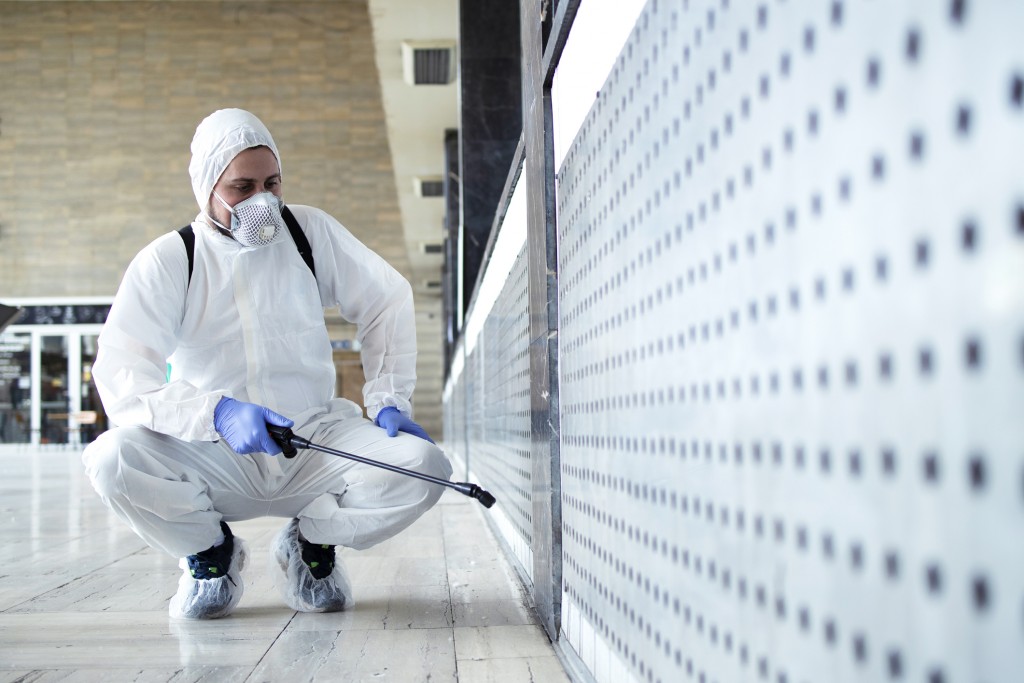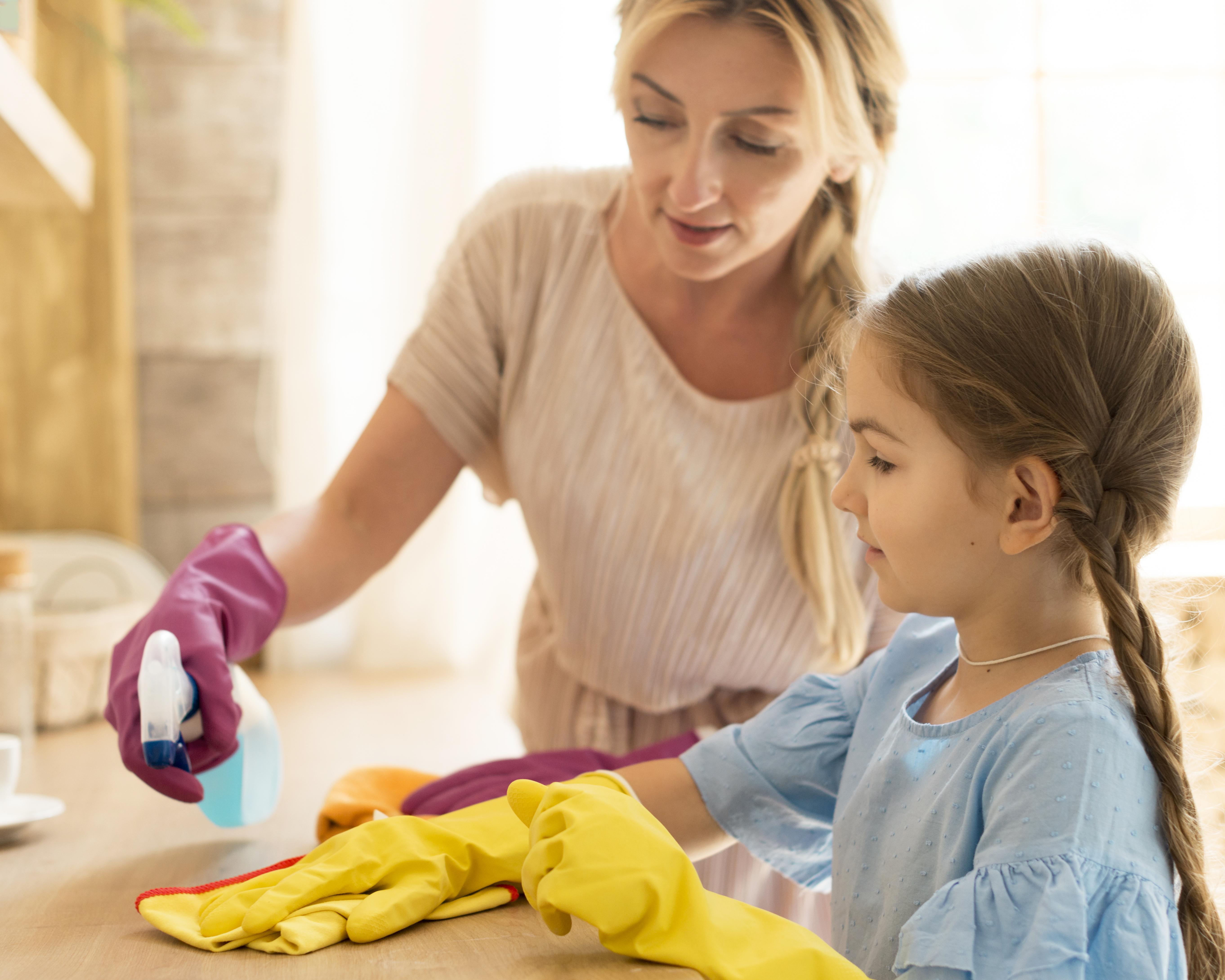When travelers choose a hotel, star ratings often seem like the ultimate measure of quality. Five stars imply luxury, comfort, and impeccable service, while two or three stars suggest basic amenities. Yet, in today’s world—especially after the pandemic—cleanliness has become a more decisive factor than star ratings in shaping guest satisfaction, loyalty, and hotel reputation.
According to Auckland Visitors, 6.5/ 10 visitors rated Auckland for clean and presentable hotels in the city/region.
Below, we explore why hygiene is now the cornerstone of the hospitality experience and why even the most luxurious amenities can’t compensate for a lack of cleanliness.
Table of Contents
ToggleReasons Why Cleanliness Matters More Than Star Ratings in Hotels
1. The True Meaning of Star Ratings
Hotel star ratings traditionally indicate the range and quality of services offered — such as room size, staff-to-guest ratio, amenities, and overall luxury.
However, these ratings do not necessarily measure hygiene or sanitation standards.
For example:
- A five-star hotel may offer fine dining, a spa, and valet service—but if the room smells musty or the bathroom isn’t spotless, guests won’t remember the luxury.
- A three-star property that maintains spotless rooms and fresh linens often receives better reviews and repeat guests.
In other words, stars measure luxury, but cleanliness defines trust.
Get you Hotels cleaned from The General Housekeeping Staff of Clean Bees.

2. Cleanliness Directly Impacts Guest Perception
First impressions matter, and cleanliness sets the tone from the moment a guest walks in. The scent of a clean room, polished surfaces, and fresh linens create an instant feeling of comfort and safety.
Even small lapses—dust on a shelf, hair in the shower, stained sheets—can cause guests to question the hotel’s overall quality and attention to detail.
A clean environment communicates that:
- The hotel cares about its guests’ health and well-being.
- Staff are trained and professional.
- The property is well-managed and trustworthy.
- No amount of luxury or amenities can override the discomfort of an unclean environment.
3. Cleanliness = Psychological Comfort
Cleanliness affects psychological comfort just as much as physical comfort. Studies in hospitality psychology reveal that guests associate cleanliness with safety, control, and peace of mind.
In contrast, signs of dirt or disorganization trigger anxiety and reduce perceived value—even if the hotel’s star rating is high.
For post-pandemic travelers, the emotional impact is even stronger. Guests now look for visible cues of hygiene such as:
- Sanitized seals on room doors
- Housekeeping using gloves and disinfectants
- Availability of hand sanitizer stations
- Transparent cleaning protocols displayed at reception
- These gestures reassure guests that their health is a priority.
4. Cleanliness Drives Positive Reviews and Reputation
In the age of Tripadvisor, Google Reviews, and Booking.com, guest feedback can make or break a hotel. Analysis of thousands of online reviews shows that “cleanliness” is one of the most frequently mentioned factors in both positive and negative reviews.
Hotels praised for spotless rooms and bathrooms often receive 4–5-star guest ratings, regardless of their official star classification.
Even a four- or five-star hotel can suffer reputational damage from a single review mentioning dirt or poor hygiene.
Cleanliness directly translates to higher online ratings, better SEO visibility, and more bookings.
5. Cleanliness Boosts Customer Loyalty and Repeat Business
A clean room doesn’t just make a good first impression—it builds lasting trust. Guests who feel safe and comfortable are far more likely to:
- Extend their stay
- Return on their next trip
- Recommend the hotel to others
Repeat guests are 5–10 times cheaper to retain than acquiring new ones. Cleanliness becomes an investment that delivers ongoing returns in loyalty and word-of-mouth marketing.
6. Health and Safety Are Now Non-Negotiable
Post-COVID, travelers are more health-conscious than ever. Hygiene is no longer a hidden expectation—it’s an explicit demand.
Government agencies and booking platforms now require hotels to comply with hygiene certifications and cleanliness labels, such as:
- Safe Travels by WTTC
- Clean & Safe Certification
- com’s Cleanliness Scores
Failing to maintain visible cleanliness can lead to lost business and lower listing visibility on travel platforms.
7. Cleanliness Reflects Operational Excellence
Cleanliness isn’t just about mopping floors—it’s a reflection of the hotel’s entire operational culture.
When cleanliness is prioritized, it shows that:
- Staff are properly trained and supervised.
- Maintenance schedules are consistent.
- Management values guest feedback and takes action.
Hotels that embed cleanliness into their brand identity create a strong competitive advantage—especially over higher-rated but less consistent competitors.

8. The Rise of “Value Over Vanity” Travel
Today’s travelers—especially millennials and Gen Z—seek value, authenticity, and comfort over vanity-driven luxury. They prefer a cozy, hygienic three-star boutique hotel over a glittering five-star property with cleanliness issues.
Cleanliness has become the new luxury—a non-negotiable standard that defines quality hospitality.
Final Thought
A clean room tells a story of care, respect, and responsibility. In the modern travel era, guests may forget how many stars your hotel has—but they’ll never forget how clean it felt.
While star ratings provide a general idea of amenities, cleanliness defines the true guest experience. A spotless, fresh, and well-maintained hotel room can earn loyalty, trust, and glowing reviews far more effectively than a high star rating alone.
In the hospitality industry, cleanliness is not a service—it’s a promise.
FAQs About Cleanliness and Star Ratings in Hotels
1. Are star ratings a reliable measure of cleanliness?
Not always. Star ratings primarily reflect facilities and services, not hygiene. Cleanliness standards can vary widely even within the same star category.
2. Why do guests mention cleanliness so often in reviews?
Cleanliness affects comfort, trust, and safety—the three things guests care about most. It’s a visible and emotional factor that strongly influences overall satisfaction.
3. Can a budget hotel outrank a luxury hotel in cleanliness?
Absolutely. Many budget or boutique hotels prioritize hygiene and staff training, earning higher cleanliness scores than some five-star properties.
4. How can hotels improve cleanliness standards?
By investing in:
- Regular housekeeping audits
- Staff training and hygiene certifications
- Use of eco-friendly, hospital-grade cleaning agents
- Guest feedback tracking systems
5. Is cleanliness more important post-pandemic?
Yes. Since COVID-19, travelers are far more hygiene-conscious. Cleanliness now ranks higher than price, location, or even amenities in guest decision-making.













